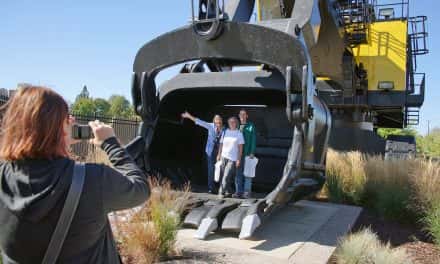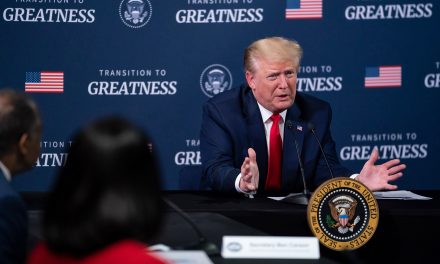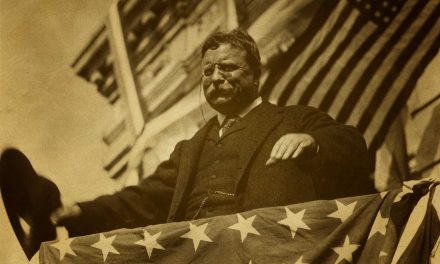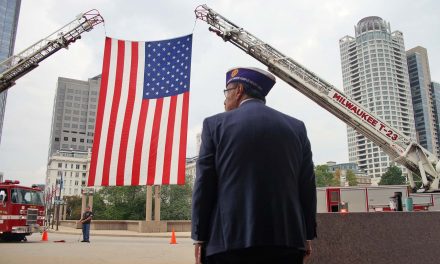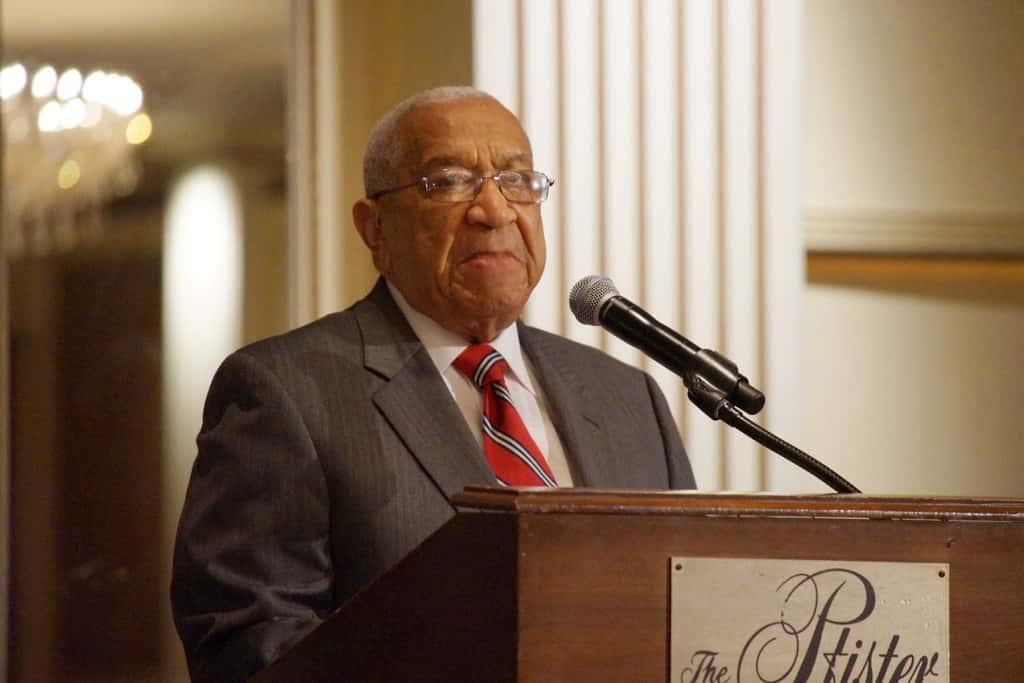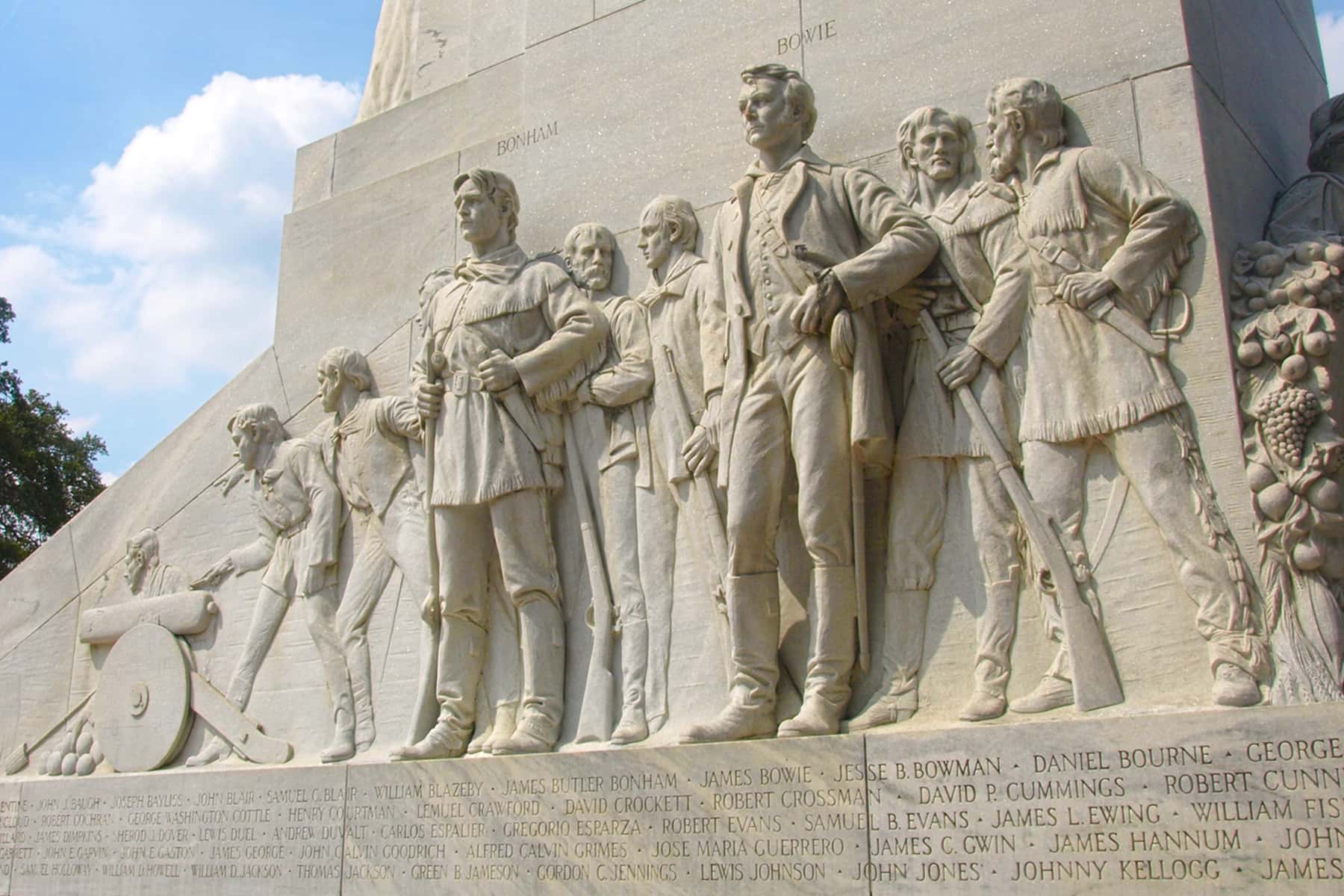
In early July, the Bullock Texas State History Museum cancelled a book event three and a half hours before it was supposed to start.
Written by journalists Bryan Burrough, Chris Tomlinson, and Jason Stanford, the book was titled Forget the Alamo: The Rise and Fall of an American Myth.
According to historian H. W. Brands, who reviewed the book for the Washington Post, it both introduced the story of the Alamo to readers unfamiliar with it and explained how the story has been interpreted since the 1836 battle occurred, using the ways in which British musicians Phil Collins and Ozzy Osbourne interacted with the site as a new lens.
“…The book provides strong, provocative critiques of U.S. imperialism and colonialism. The myth of the Alamo, as we know it, is a lie. It’s been a part of the lie students have learned in school, and animates the lies peddled by legislation like the 1836 Project and the critical race theory bill. But if you want to truly remember the past, you first have to forget it.” —Texas Observer
Historians long ago put aside the heroic story of the Alamo, which told of freedom-loving Americans fighting off a Mexican tyrant who was trying to crush a fledgling republic. In the past several decades, so many historians have rewritten this history that Brands noted the new retelling “sometimes appear[s] to be beating a horse that, if not dead, was put to pasture awhile back.”
Historians have explained how Mexican officials, eager to stabilize their northern borderlands after their own agreements with Apache tribes fell apart, permitted Americans to settle in what is now Texas. Americans moved to the area to grow cotton in the boom years of that era. When Mexico banned slavery in Texas in 1830, Americans rebelled. In October 1835, they joined with Mexican opponents of President Antonio López de Santa Anna’s government and went to war.
By December, the Texian Army had pushed Mexican troops out of the Mexican territory of Texas, and the Texians hunkered down in the Alamo Mission near what is now San Antonio. In January, reinforcements, including James Bowie and Davy Crockett, arrived. About 200 Texians were there on February 23, 1836, when 1800 of Santa Anna’s troops laid siege to the Alamo. On March 6, Santa Anna’s troops attacked, killing almost all of the defenders – but not Davy Crockett, who surrendered and was executed later.
This history is well established… but Lieutenant Governor Dan Patrick — who in March 2020 suggested that elders should be willing to die from Covid-19 in order to get the economy moving again — was one of apparently a number of Republican leaders who demanded that museum officials cancel the event. Governor Greg Abbott, Patrick and other Republican leaders are board members of the State Preservation Board, which oversees the Bullock Museum.
“As a member of the Preservation Board, I told staff to cancel this event as soon as I found out about it,” Patrick tweeted. “[T]his fact-free rewriting of TX history has no place [at the Bullock Museum].”
As of the end of June, nine states have passed so-called “divisive concepts” laws, and 17 more are considering them. These measures try to control how teachers talk about issues of race, sex, ethnicity, religion, color, or national origin, saying that such discussions are divisive. Yet, as historians James Grossman and Jeremy Young of the American Historical Association noted, a survey by the American Historical Association and Fairleigh Dickinson University showed that, “regardless of political identity, age, race, gender or education level,” there was broad consensus that these issues provide essential content to understand our history and that they are appropriate for school history classes.
“We should be clear about what’s happening here,” Young and Grossman said. “This is the legislative equivalent of push-polling—creating division where none exists, raising fears about something that isn’t even happening to score political points.”
They point out that the bills are not coming from people in school districts, but instead follow a template produced by an organization led by Russell Vought, the former director of the Office of Management and Budget under the Trump administration. The organization’s website has a file on it titled: “Model-School-Board-Language-to-Ban-CRT-SD-HCS-edits-1.”
Here is why this rewriting of our history matters.
Historians study how societies change. In order to do that, we examine sources created at the time – newspapers, teapots, speeches, tweets, photographs, landscapes, and so on – and judge what we think happened by comparing these primary sources to things other historians have said, on the basis of evidence they have found. We argue a lot. But if we cannot see an ever-widening story, we cannot give an accurate account of how societies change.
An inaccurate picture of what creates change means that people cannot make good decisions about the future. They are at the mercy of those who are creating the stories. Knowledge is indeed power.
So the destruction of accurate history is about more than schools. It is about self-determination. It is about having the freedom to make good decisions about your life. It is about the very things that democracy is supposed to stand for.
Letters from an Аmerican is a daily email newsletter written by Heather Cox Richardson, about the history behind today’s politics

